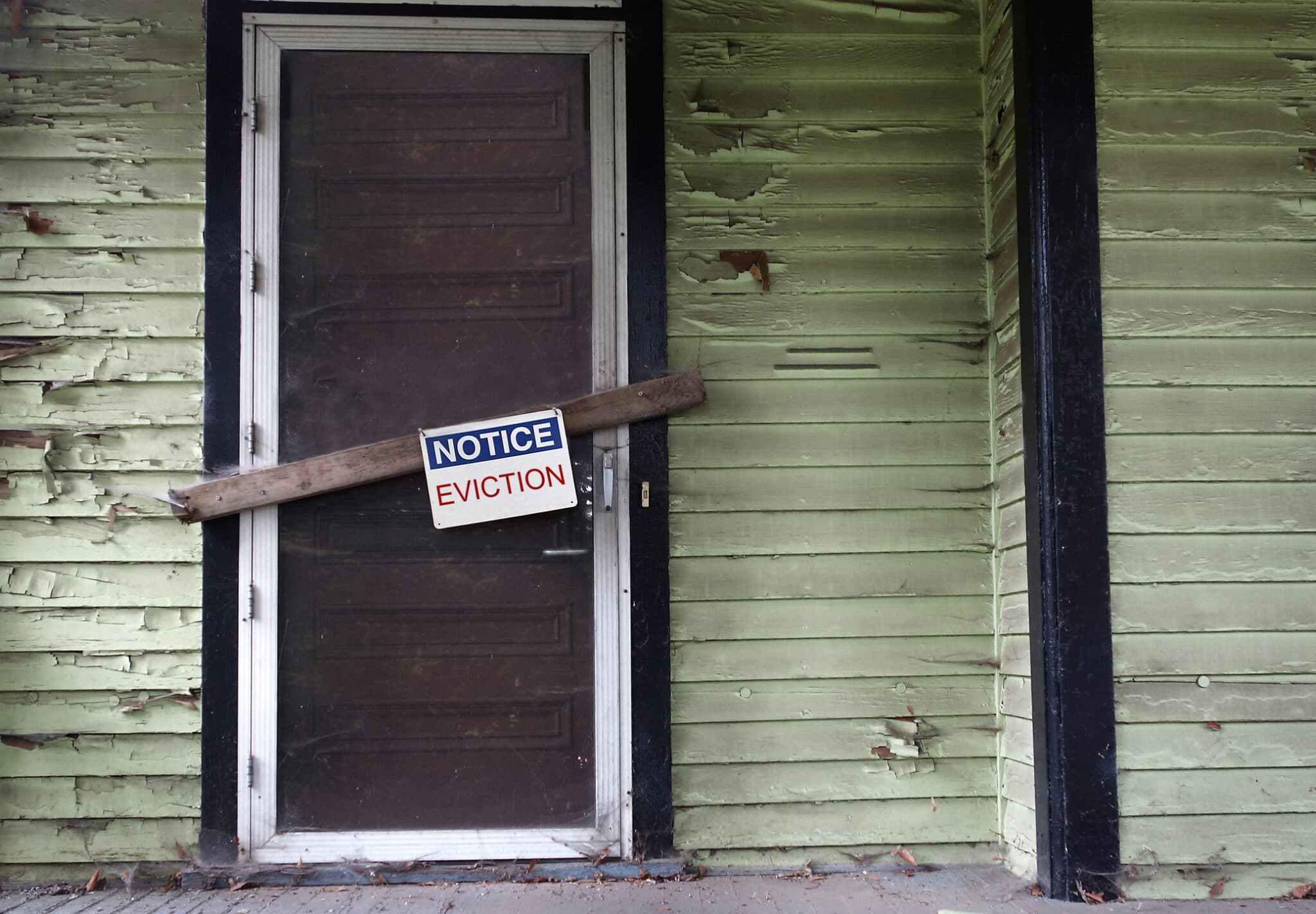Pandemic no excuse for unsafe rental conditions
Even During A Pandemic, Landlords Must Provide Habitable Housing. The virus doesn’t discriminate against landlords or tenants. With a shortfall in rental income, landlords have fallen on tough times themselves and are at risk of losing their real estate investments. Throughout the pandemic, we’ve urged tenants to faithfully pay the rent if they have the means to do so. As for renters who are experiencing a financial hardship, Albany politicians have given them more breathing room.
New York lawmakers approve eviction moratorium for nonpayment of rent cases until May
After Governor Cuomo used his emergency powers to halt evictions for nonpayment of rent, it was time for the New York Legislature to come up with more permanent solutions to address the economic fallout of the pandemic. On December 28, 2020, lawmakers passed the “COVID-19 Emergency Eviction and Foreclosure Prevention Act of 2020.” It’s a bill that recognizes the pandemic’s impact on both rents and their landlords. It stops pending eviction cases for 60 days or at least until February 26, 2021. if a tenant has a genuine hardship related to COVID-19, he or she will have to submit a hardship declaration to be protected from eviction until May 1, 2021.
“When the COVID-19 pandemic began, we asked New Yorkers to protect each other by staying at home. As we fight our way through the marathon this pandemic has become, we need to make sure New Yorkers still have homes to provide that protection.” — Quote from Governor Cuomo after signing the bill
We have to point out that renters could still be evicted when they cause a nuisance. In the eyes of the law, a nuisance is a “continual course of conduct over a period of time performed by the tenant which poses a threat to the comfort, safety, health and peaceful enjoyment of the premises by others.” In plain English, a nuisance is when a tenant creates a problem.
The bottom line is that eviction protections are reserved for renters who’ve experienced financial adversity. It’s not a license to engage in bad tenant behavior. Think loud music, blow out parties every weekend, dogs barking, hoarding that attracts vermin and insects, or drug dealing, to name just a few examples. The eviction moratorium is not a free pass for tenants.
Landlords still have the core responsibility of keeping the rental unit in habitable condition
There’s no law on the books allowing landlords to let their rentals deteriorate to the point where they’re not in livable, safe, or clean condition. The duty of property owners to provide a habitable dwelling is known as the warranty of habitability. It’s implied in every residential lease agreement throughout New York State. Pandemic or not, the landlord must ensure that rental units check three boxes.
Rental Dwelling must be:
- Fit for human habitation
- Compliant with the reasonable expectations of the renter
- Free from dangerous or hazardous conditions detrimental to the tenant’s life, health, or safety.
A rental unit doesn’t have to be in pristine condition. But necessities like hot water, sufficient heat during our cold winter, adequate sanitation facilities, safe electrical wiring, working appliances, secure door locks, must be in place. When in doubt, call the law offices of Stanley Law. We have a good gut feel as to whether or not the dwelling is in habitable condition and can advise you accordingly.
Some landlords will not get the memo
Even if the tenant isn’t paying rent, that doesn’t let the landlord off the hook. The landlord cannot be lackadaisical in making the repairs needed to bring the rental unit up to livable condition. Eviction is a series of steps that must be followed to the letter. Only a sheriff can evict. If a landlord or property manager tries to run you out without going through the proper legal steps, call us.
Legal options available to tenants when the landlord does not make necessary repairs or supply essential services
- The tenant may be entitled to withhold rent until the landlord brings the rental unit up to habitable condition. The landlord should be given written notification of the repairs that need to be made. If the landlord does not make the repairs in a reasonable period of time, rent can be withhold until necessary repairs are effectuated.
- The tenant may elect to make the necessary repairs themselves. Then deduct the cost of the repairs from the rent. If the tenant decides to do it on their own, it’s important to keep a copy of any and all receipts and invoices. Then provide a copy to the landlord.
No matter what option the tenant chooses, it’s smart to speak to an experienced attorney to make sure all the I’s are dotted and T’s are crossed.
What happens if the landlord attempts to evict you anyway?
If the tenant proves that the landlord allowed the rental unit to go down the tubes and it is unfit for human habitation, this may be a defense to an eviction lawsuit.
If you’re experiencing friction with your landlord and want to know what recourse you have, Stanley Law Offices will be happy to inform you of your rights and options. Reach out for a no-cost, no-obligation consultation with our attorneys serving Central New York and Northern Pennsylvania. We’ll be there for you. 1-800-608-3333.

